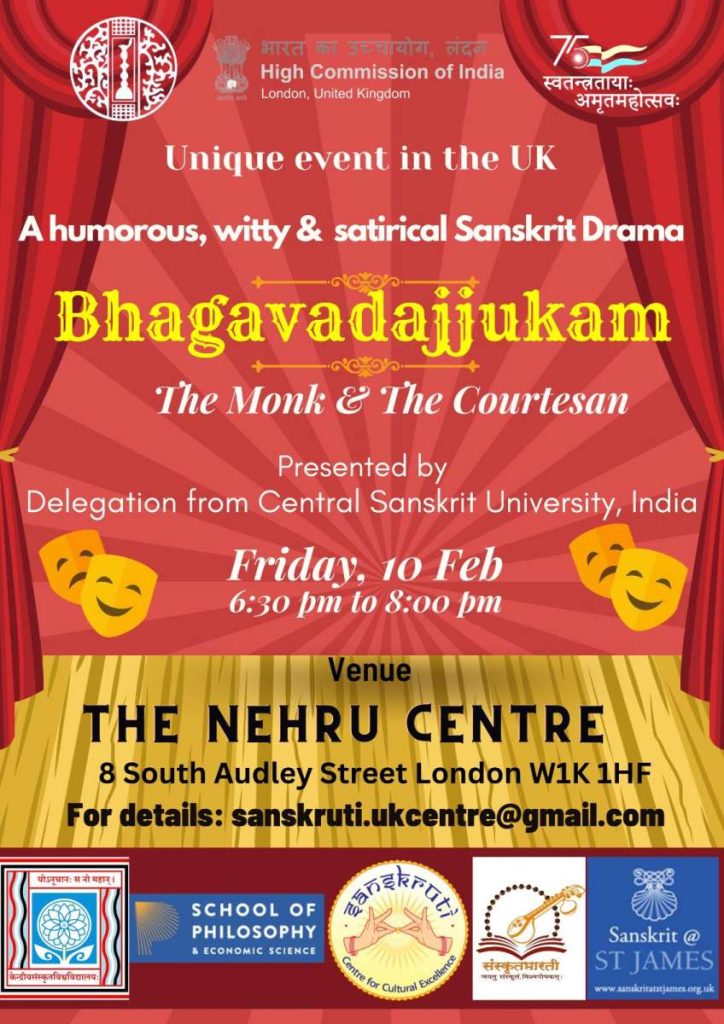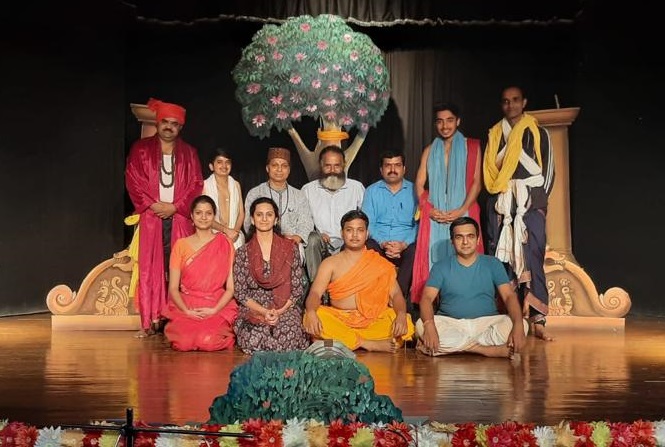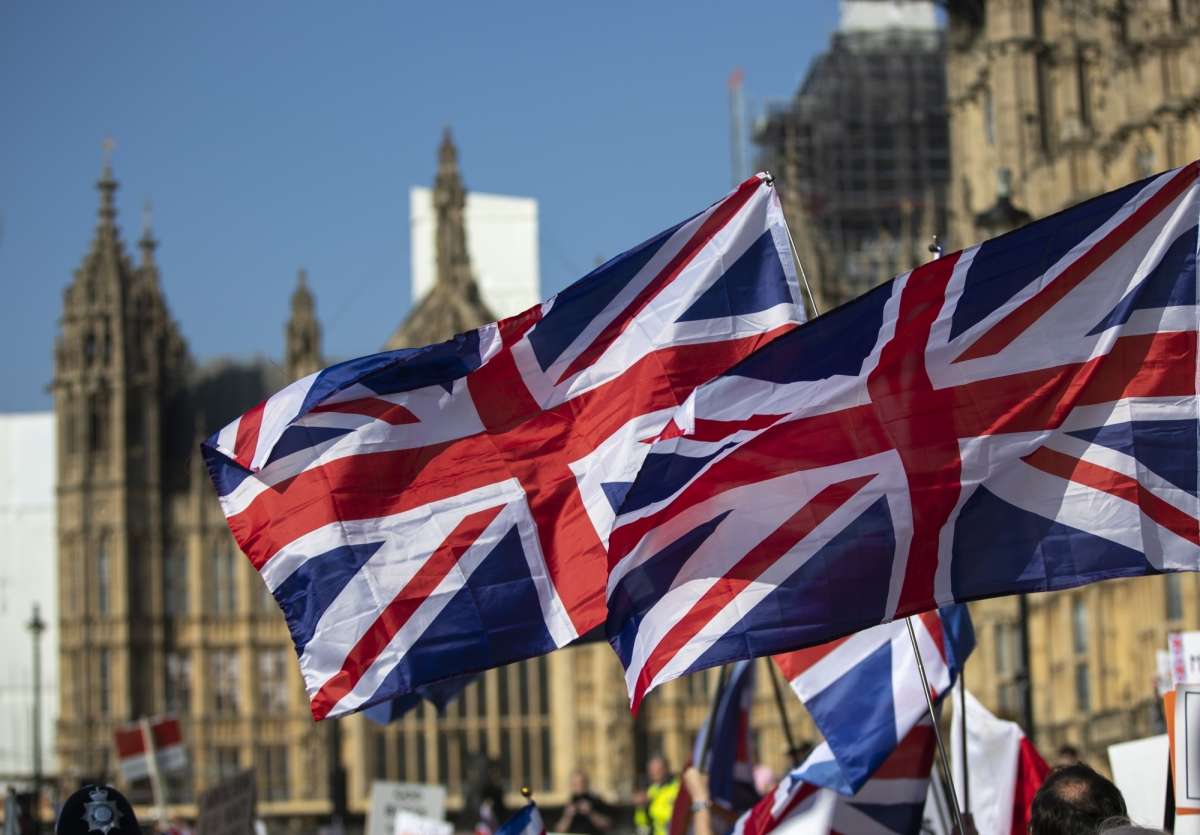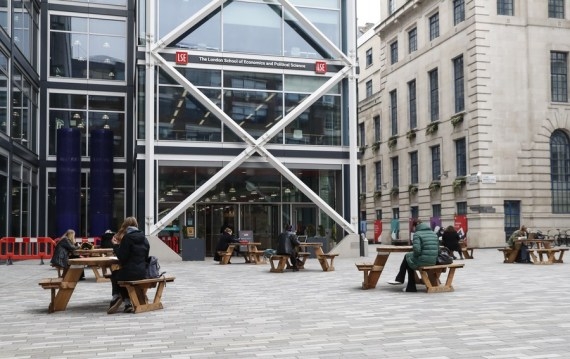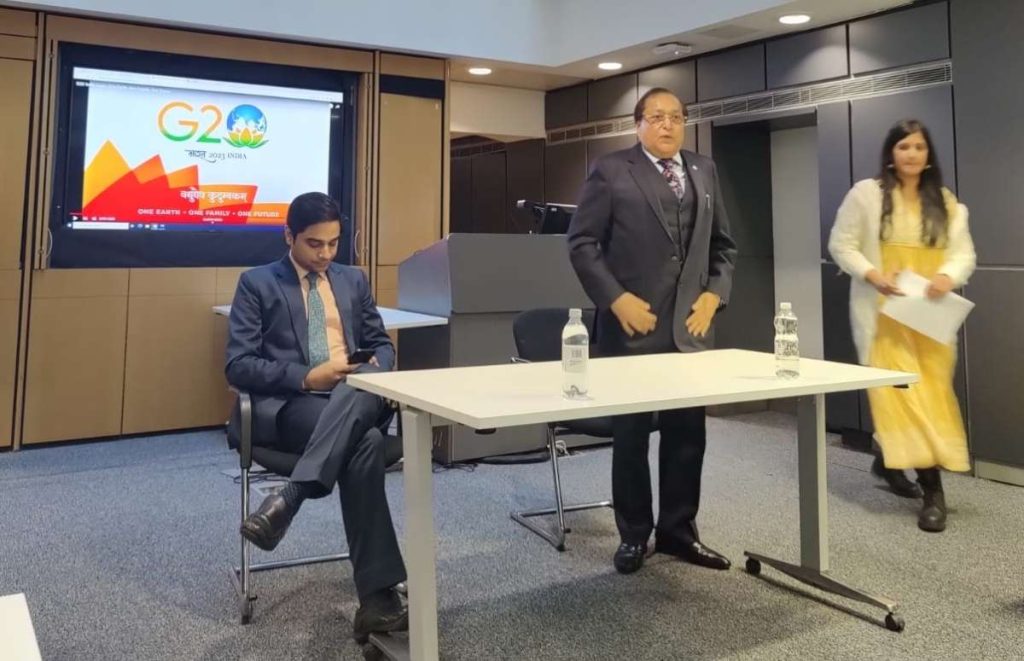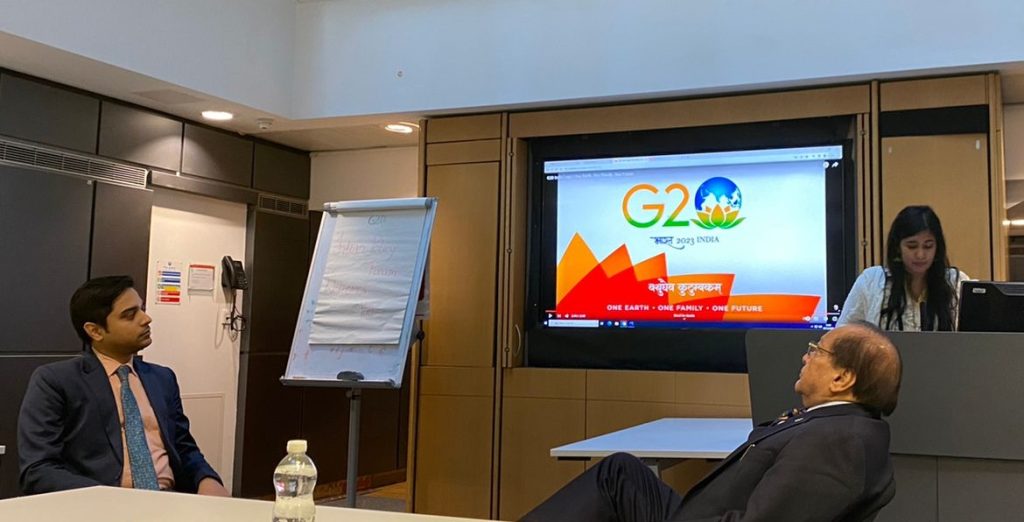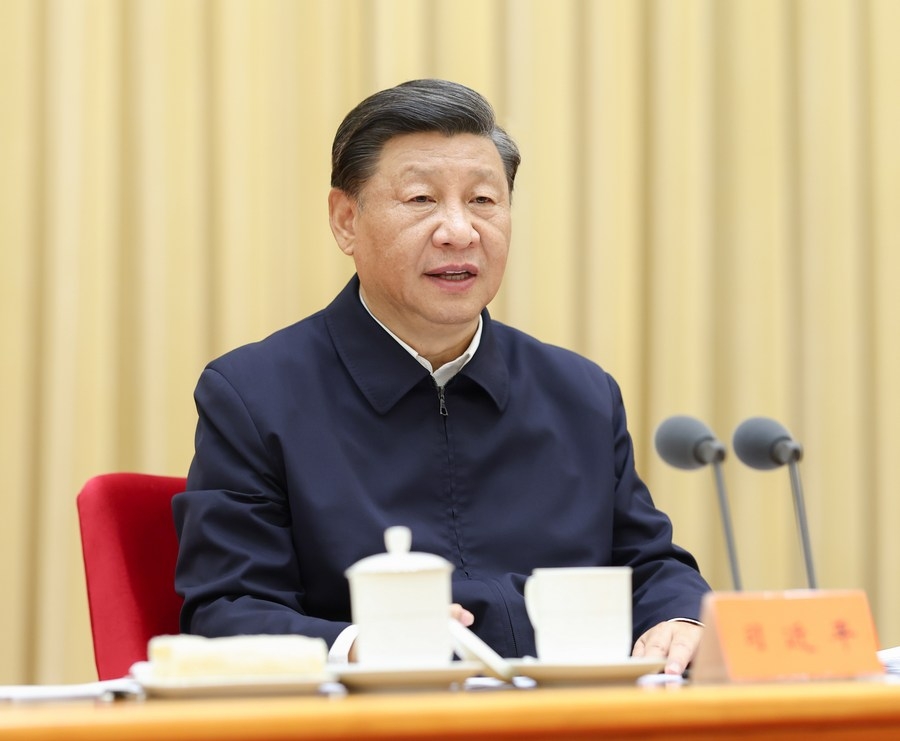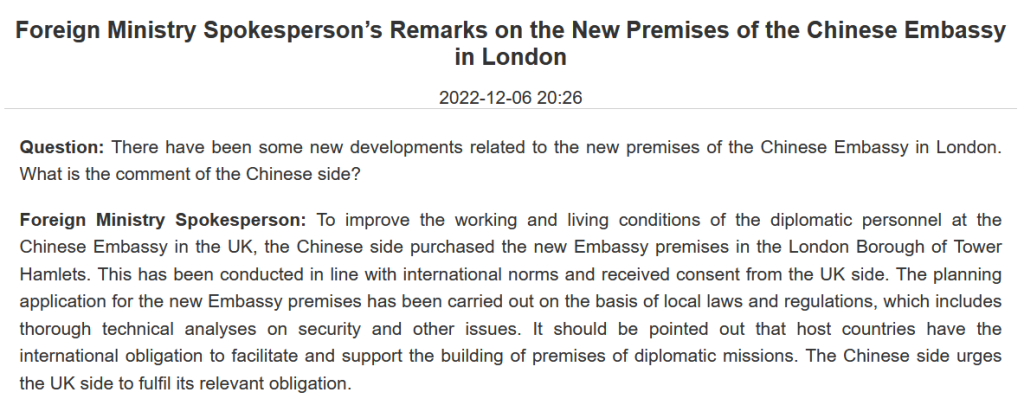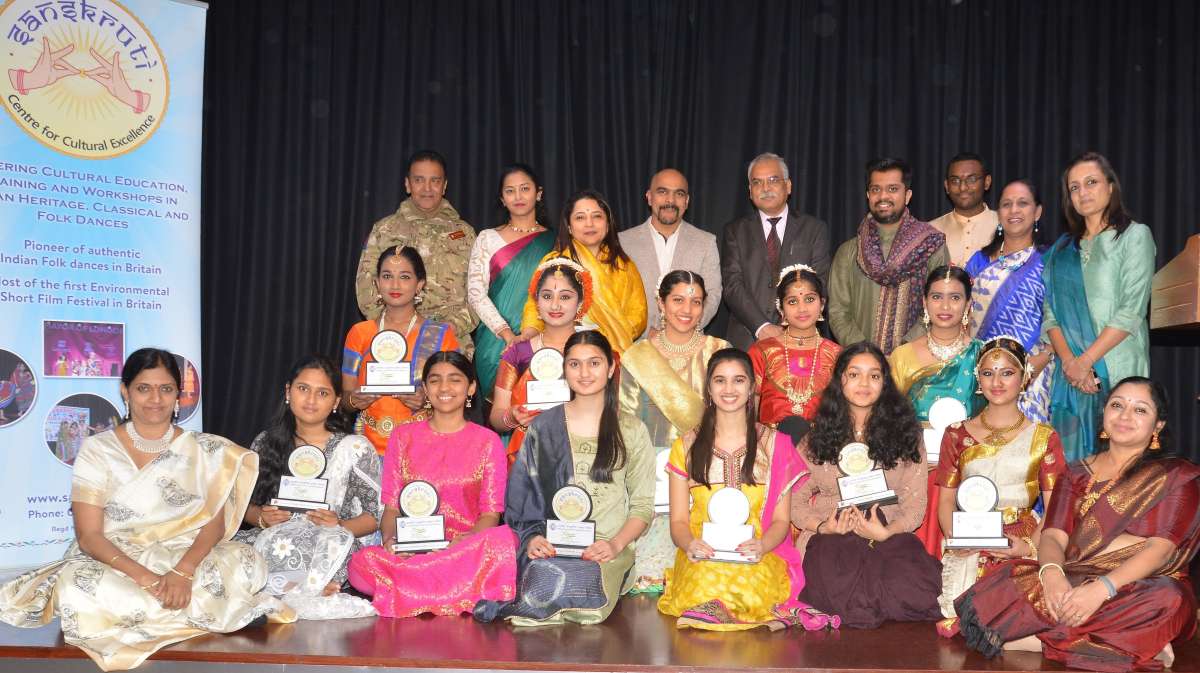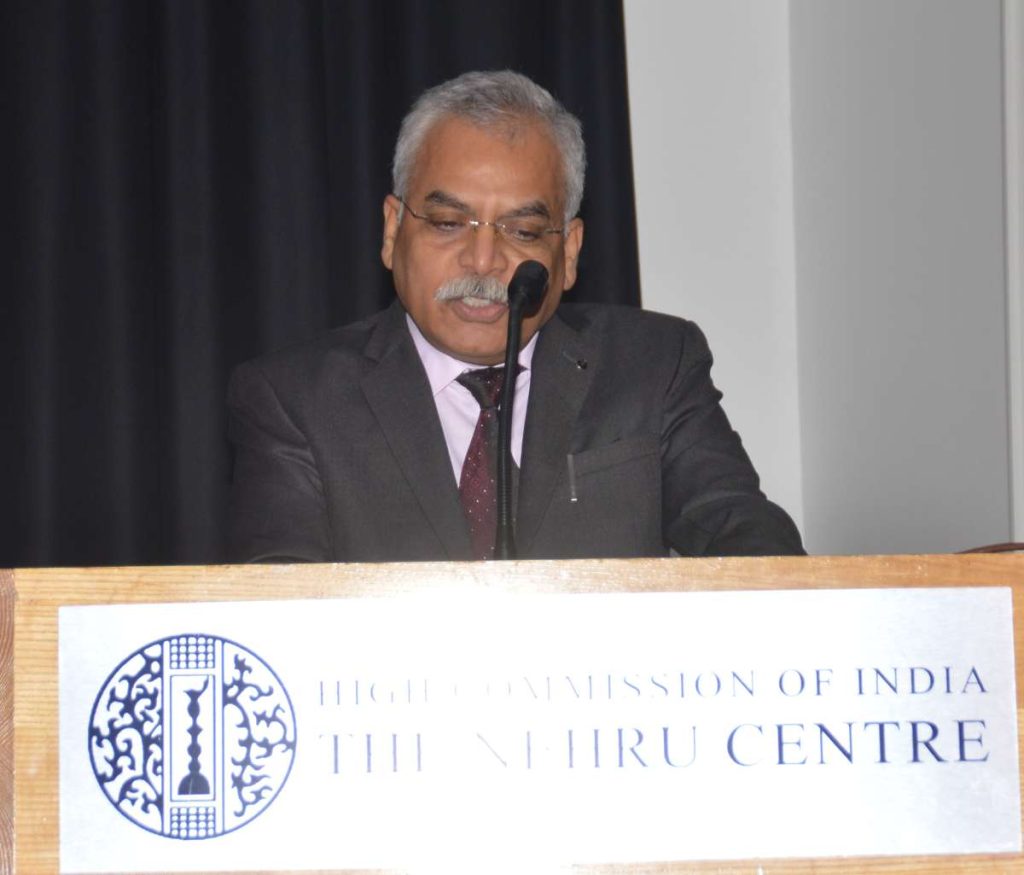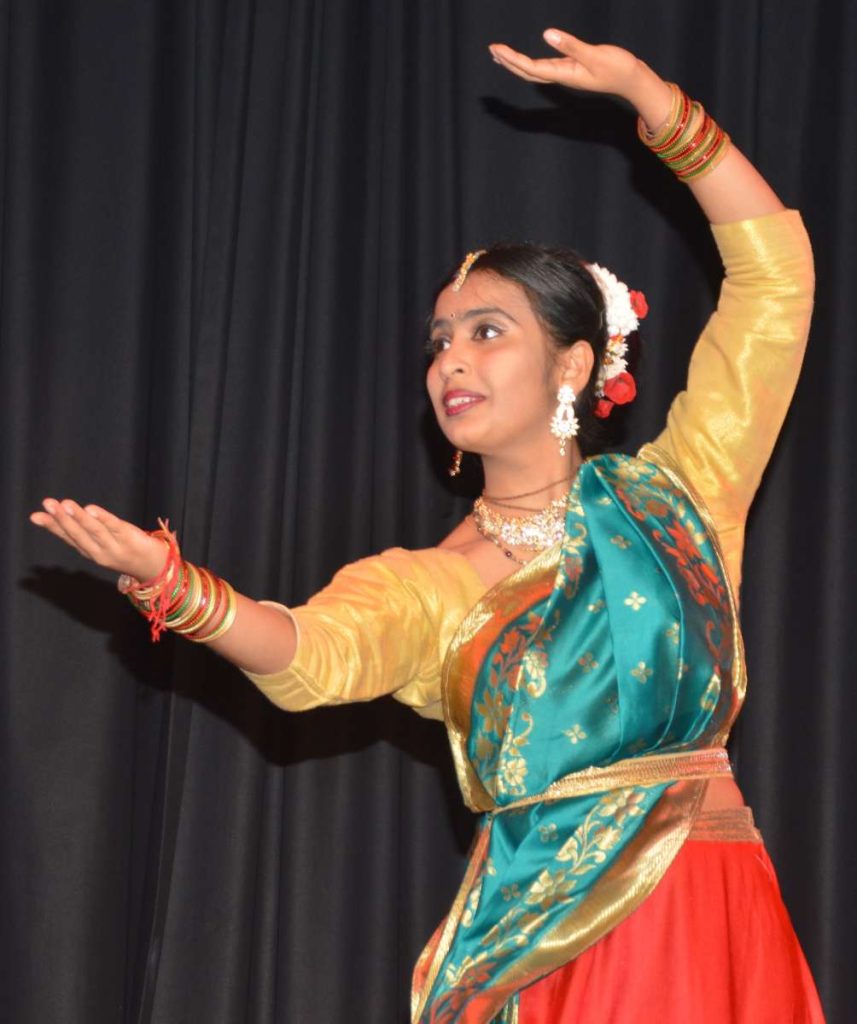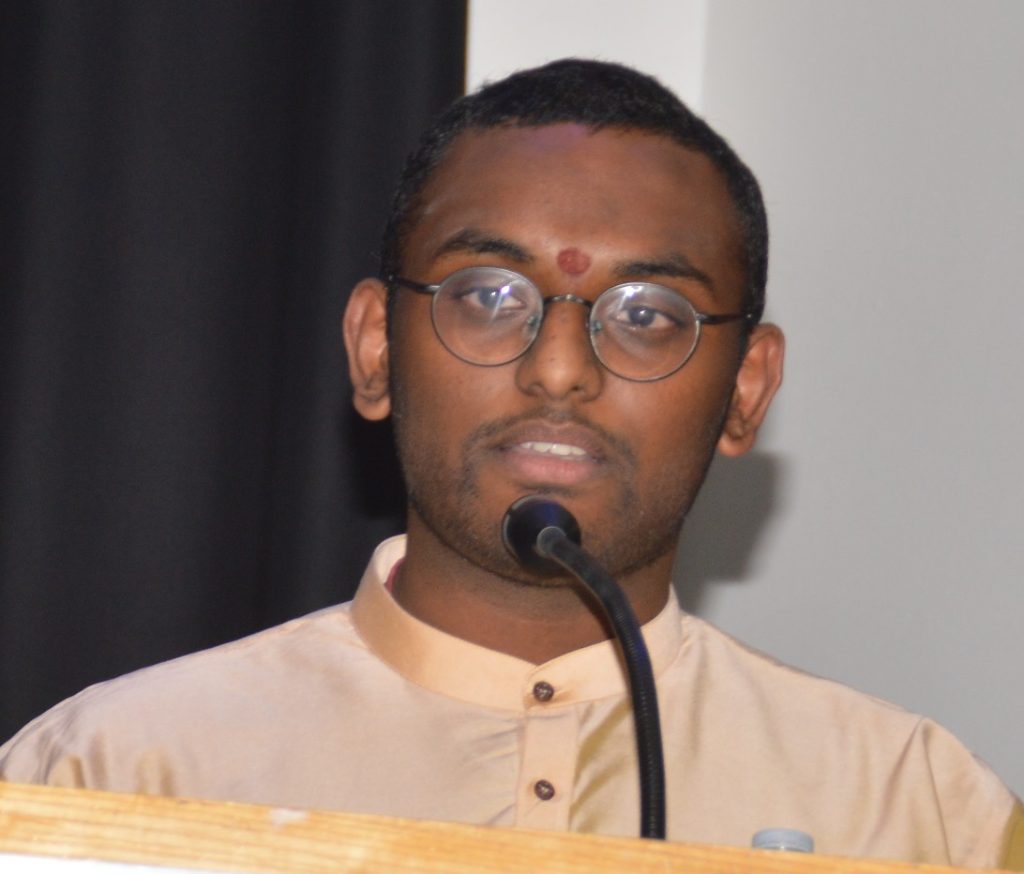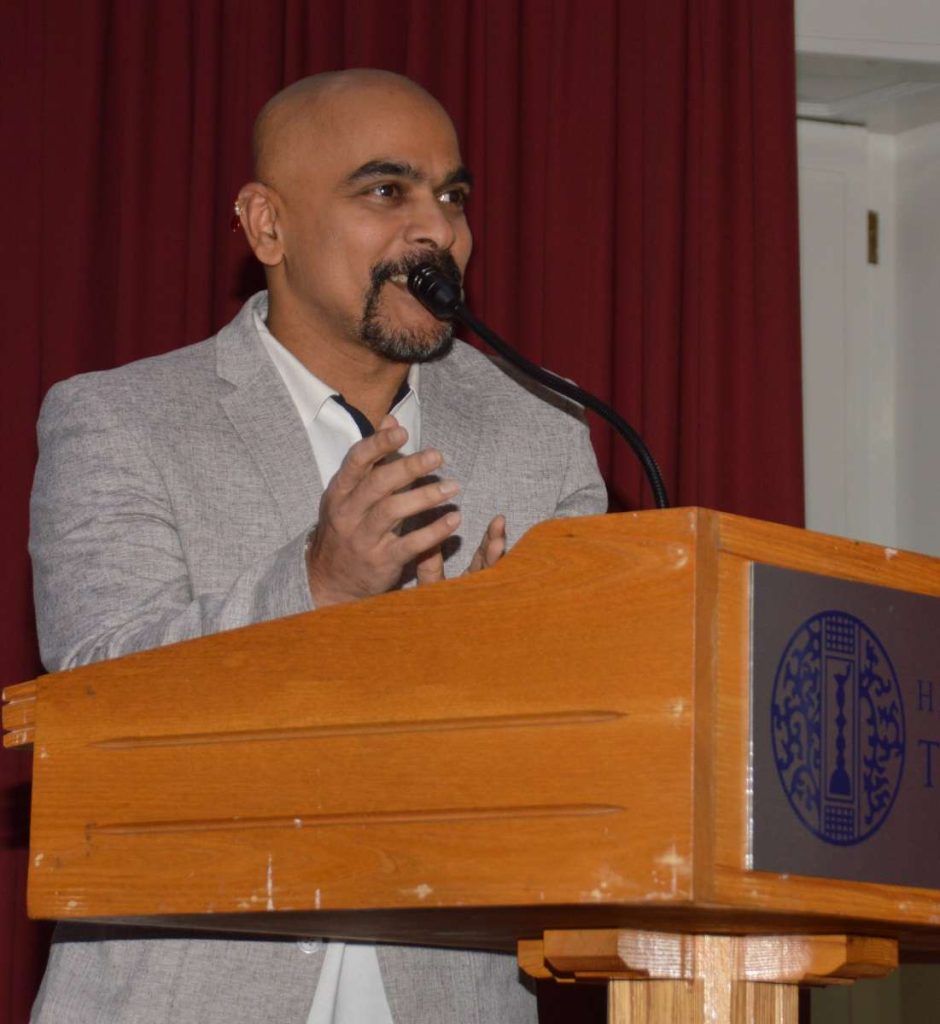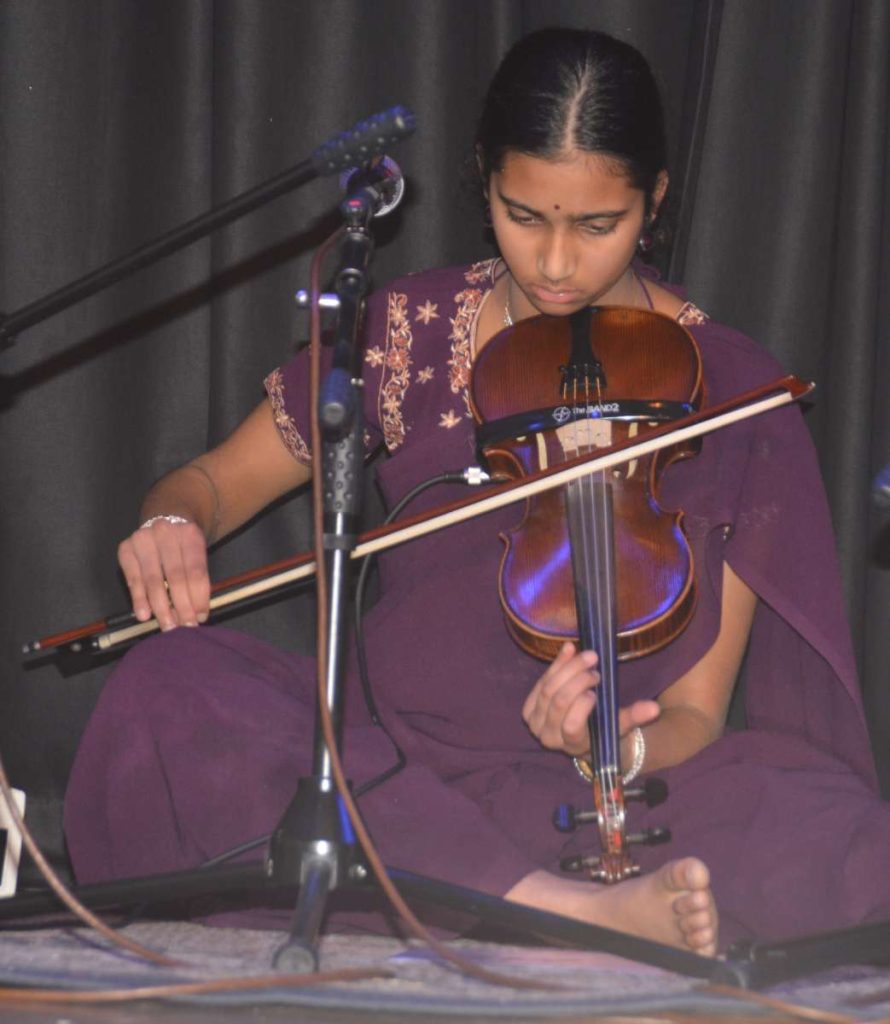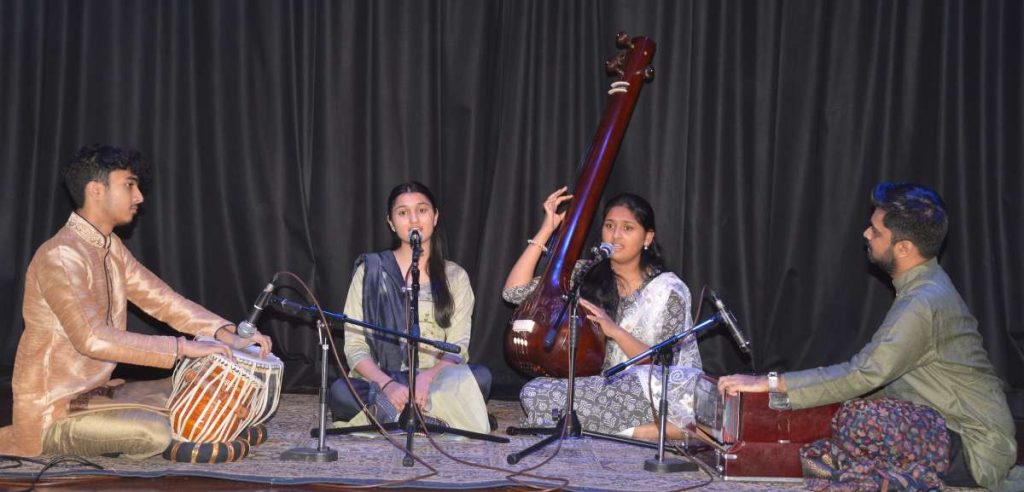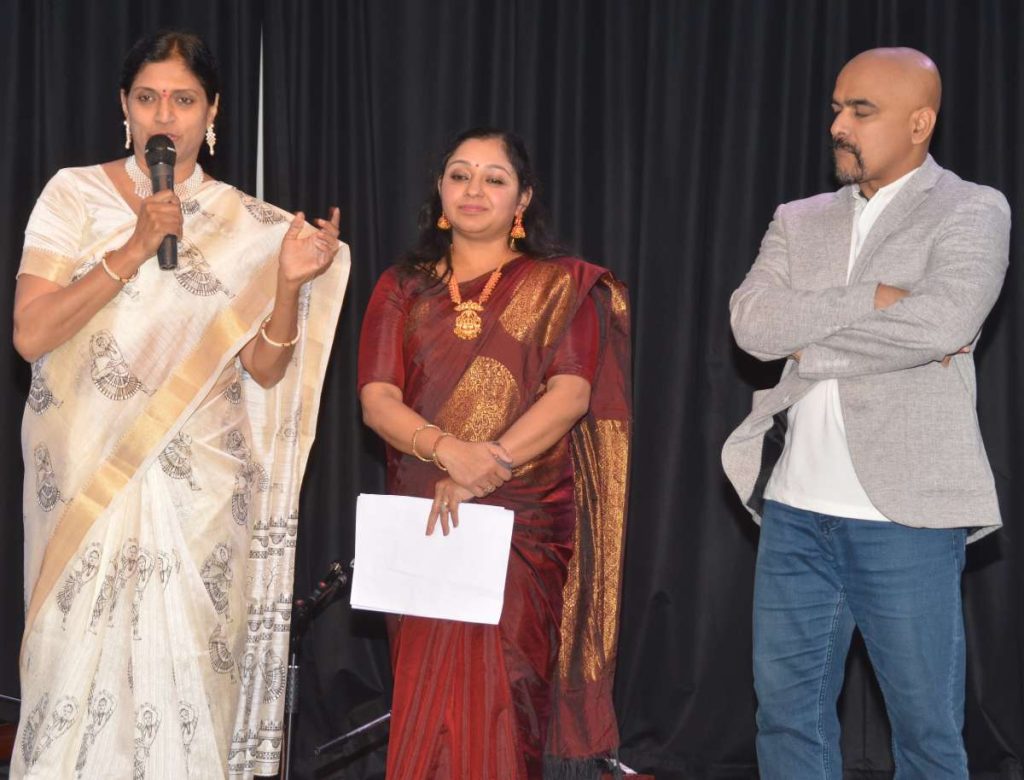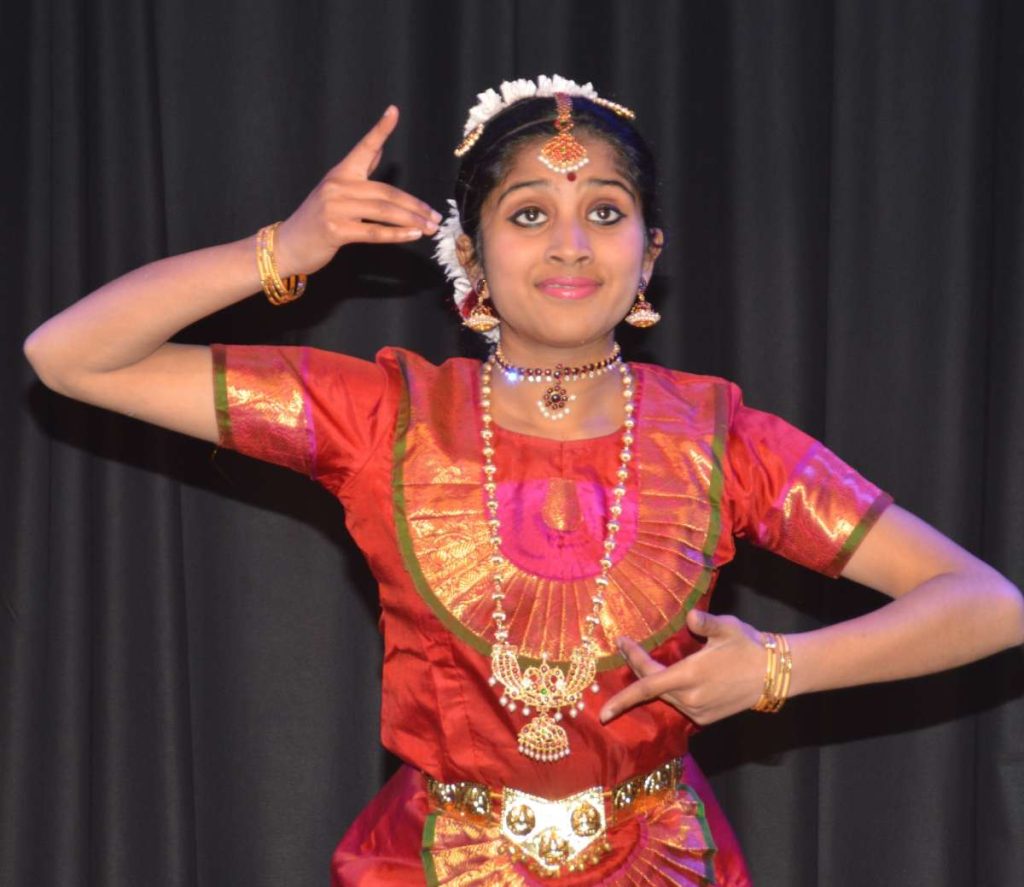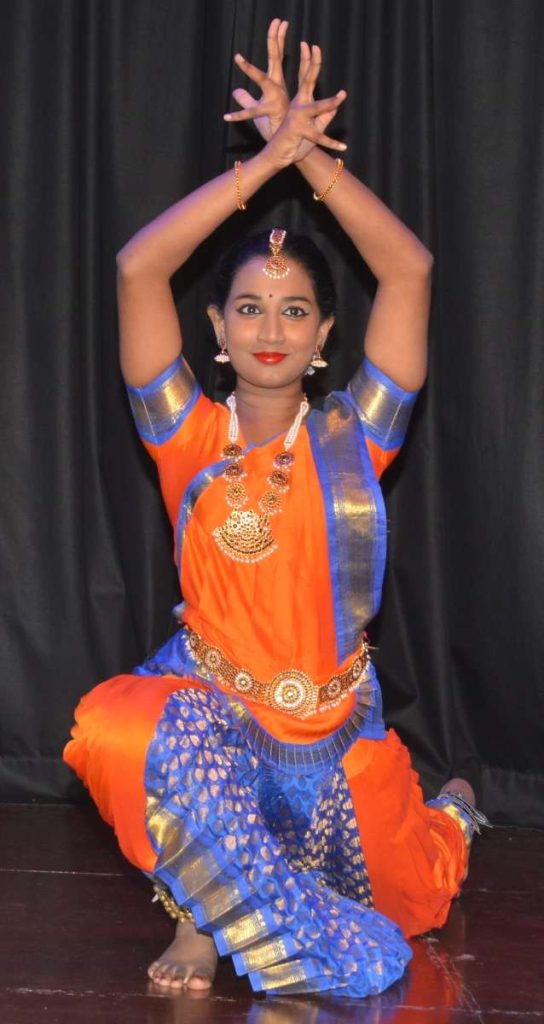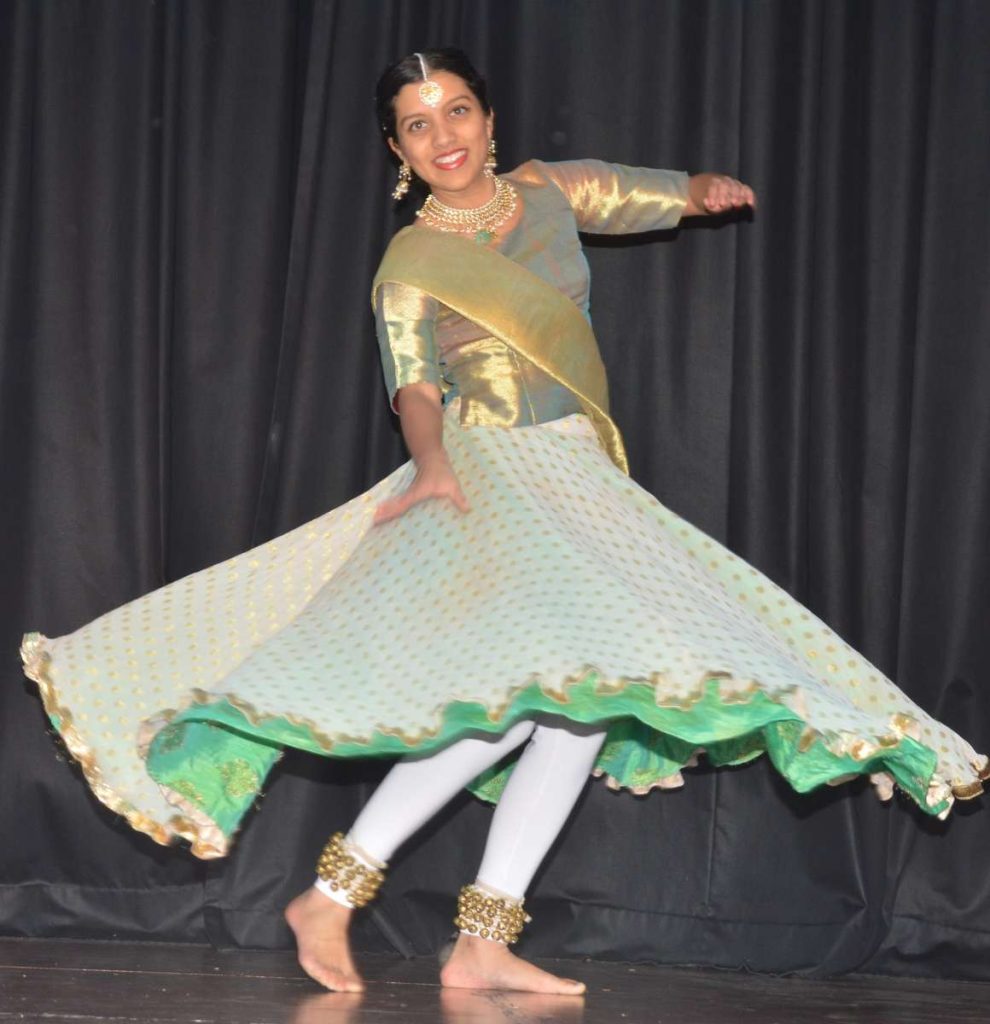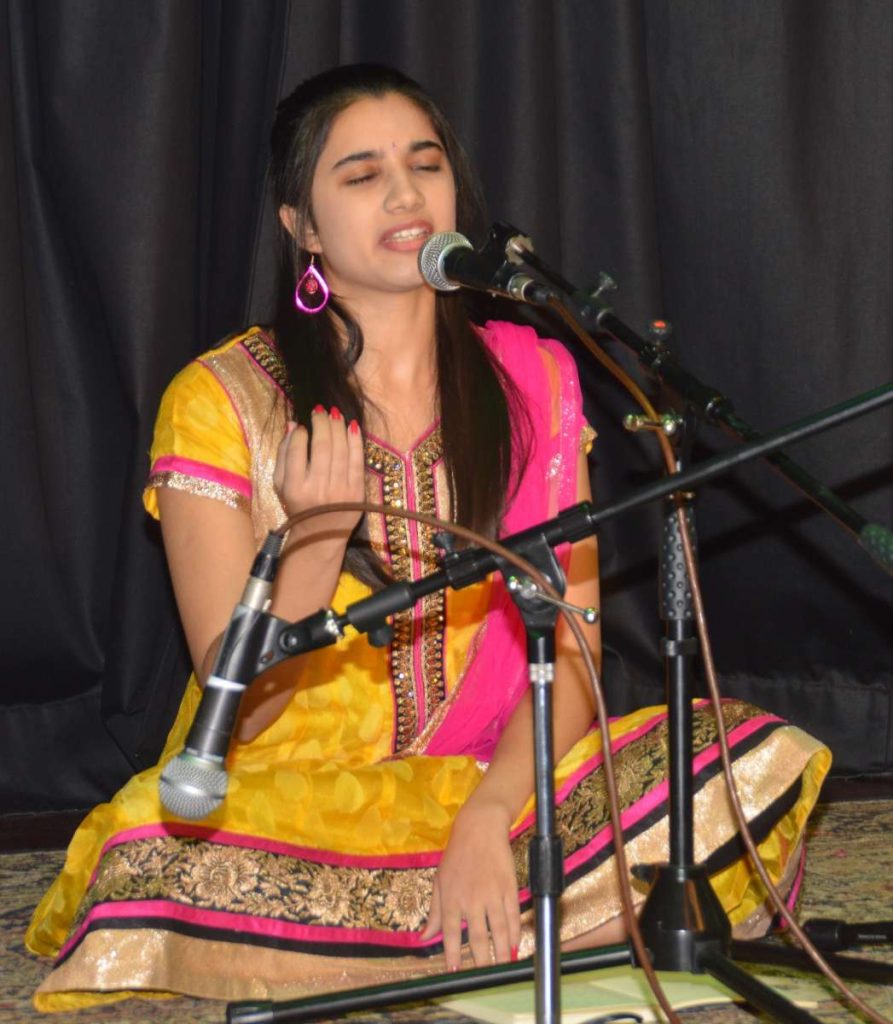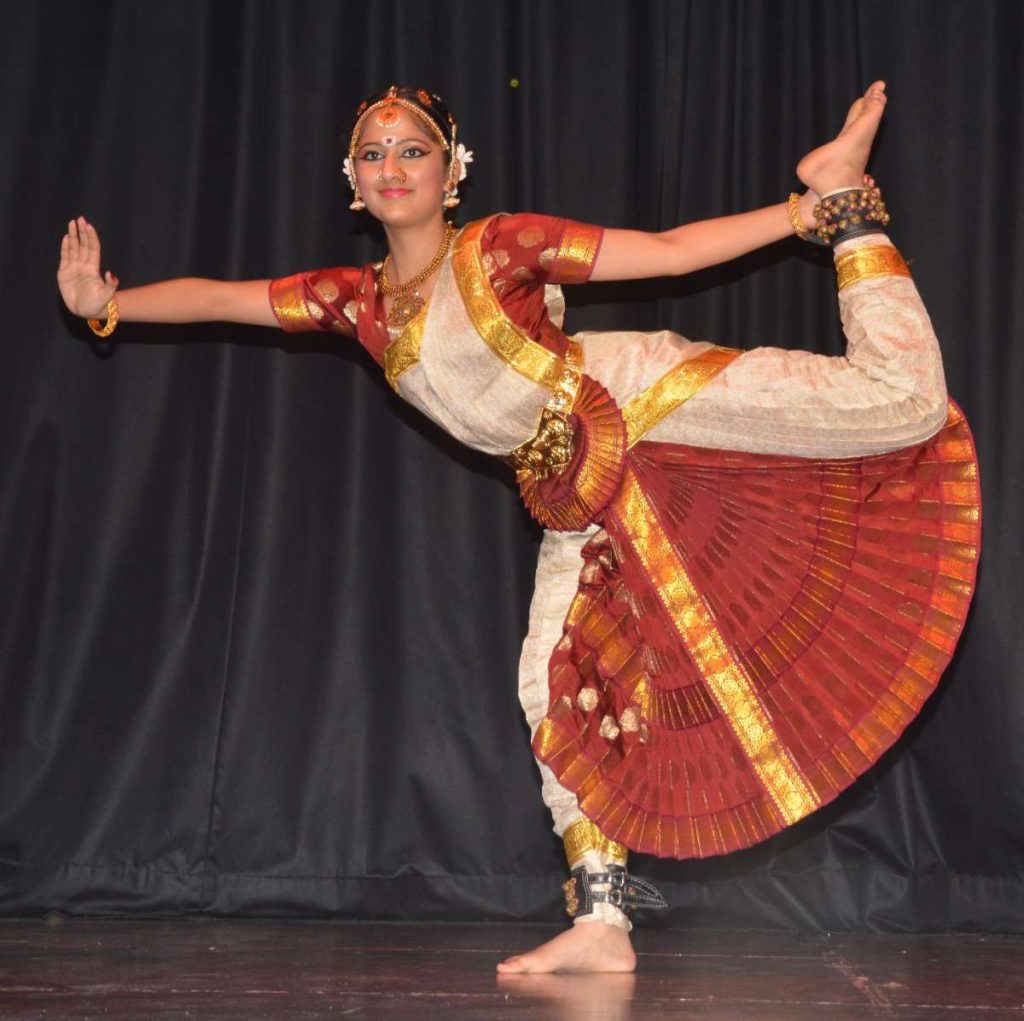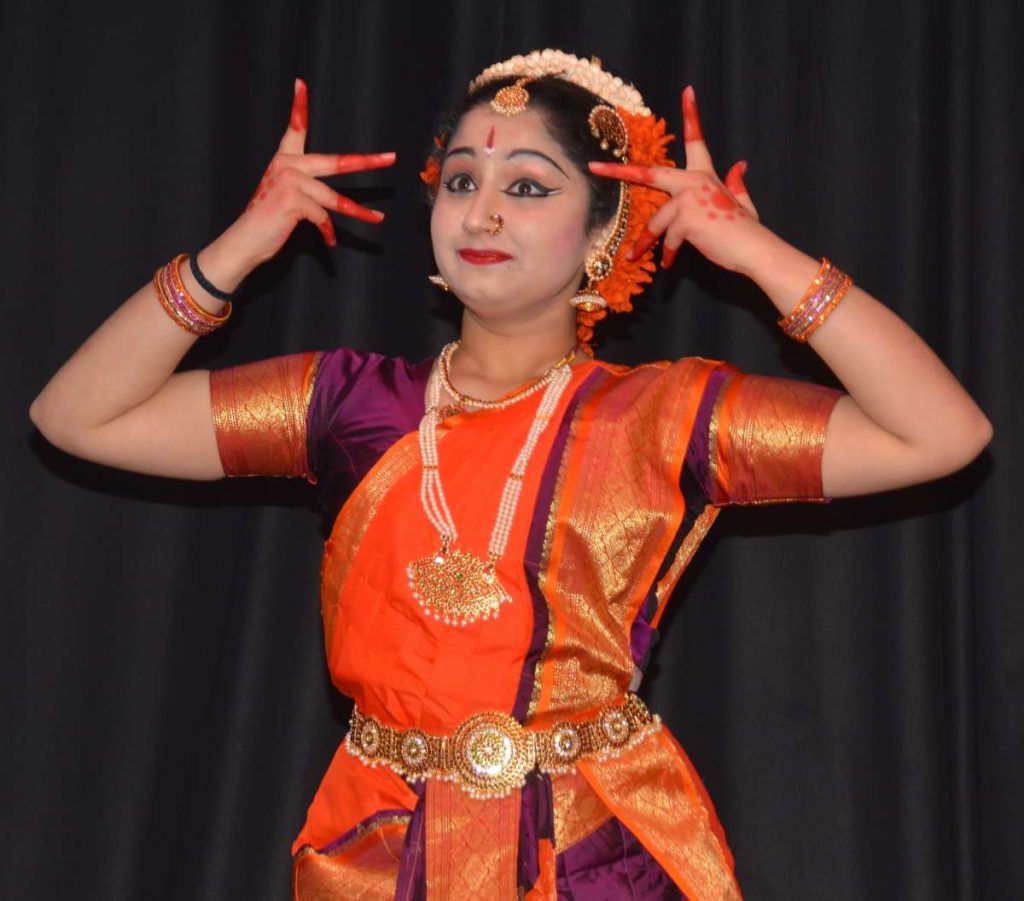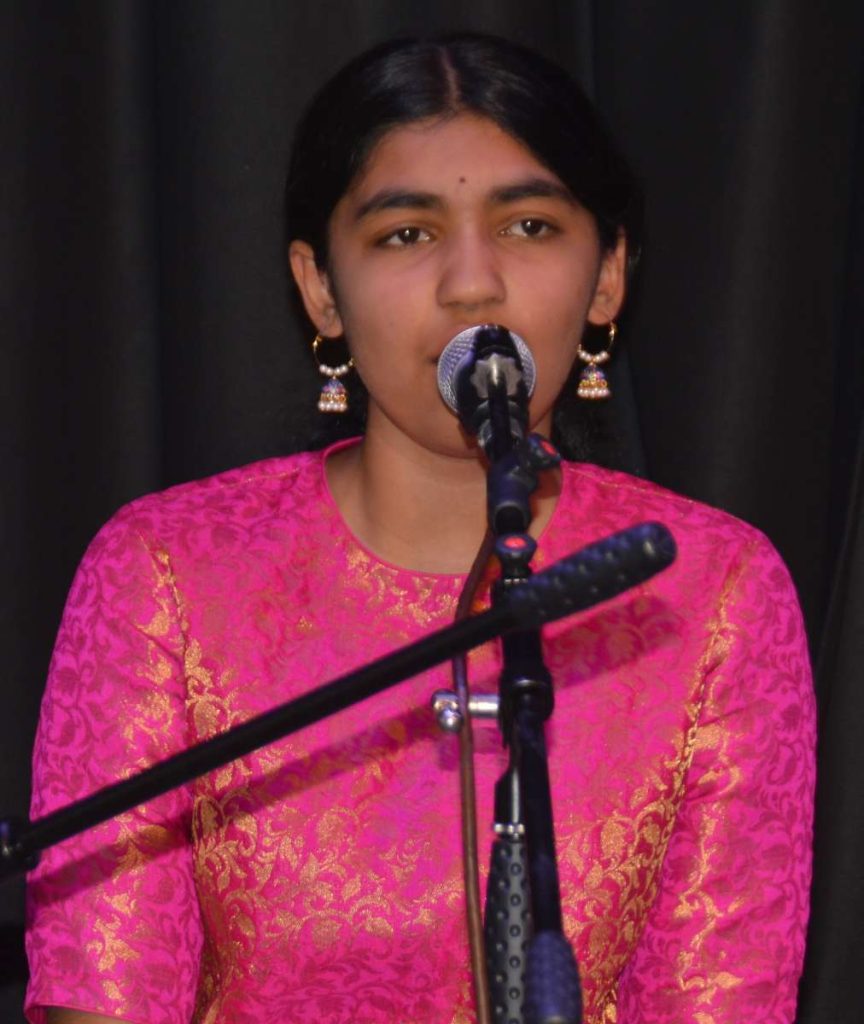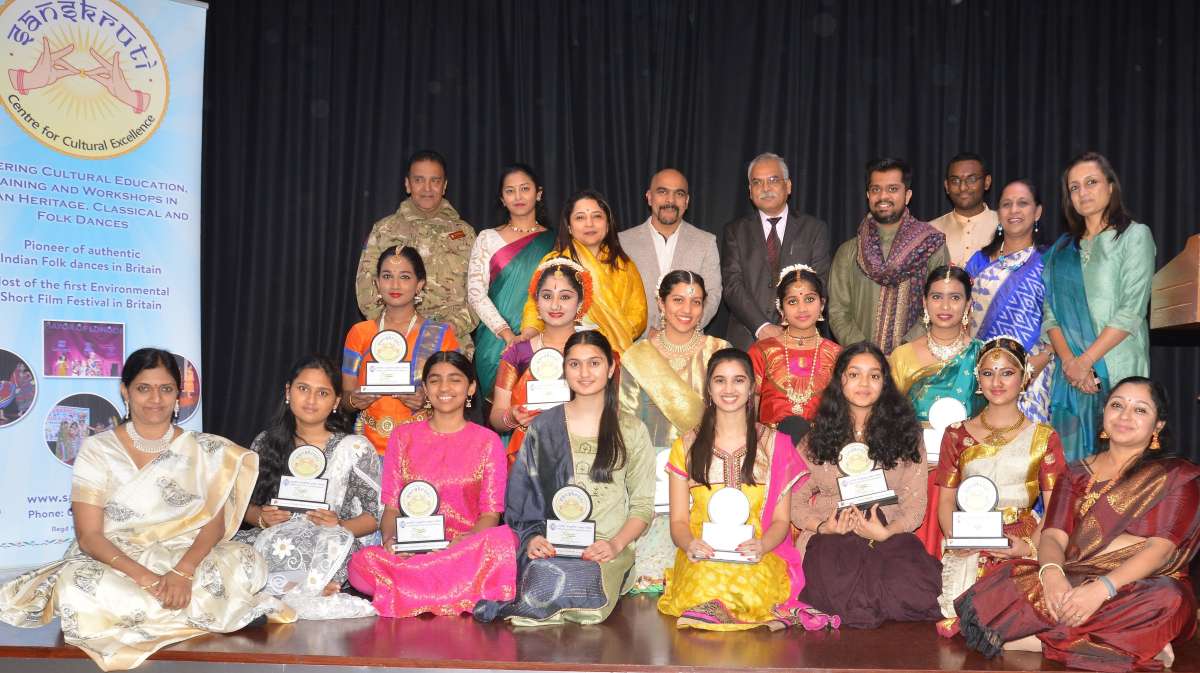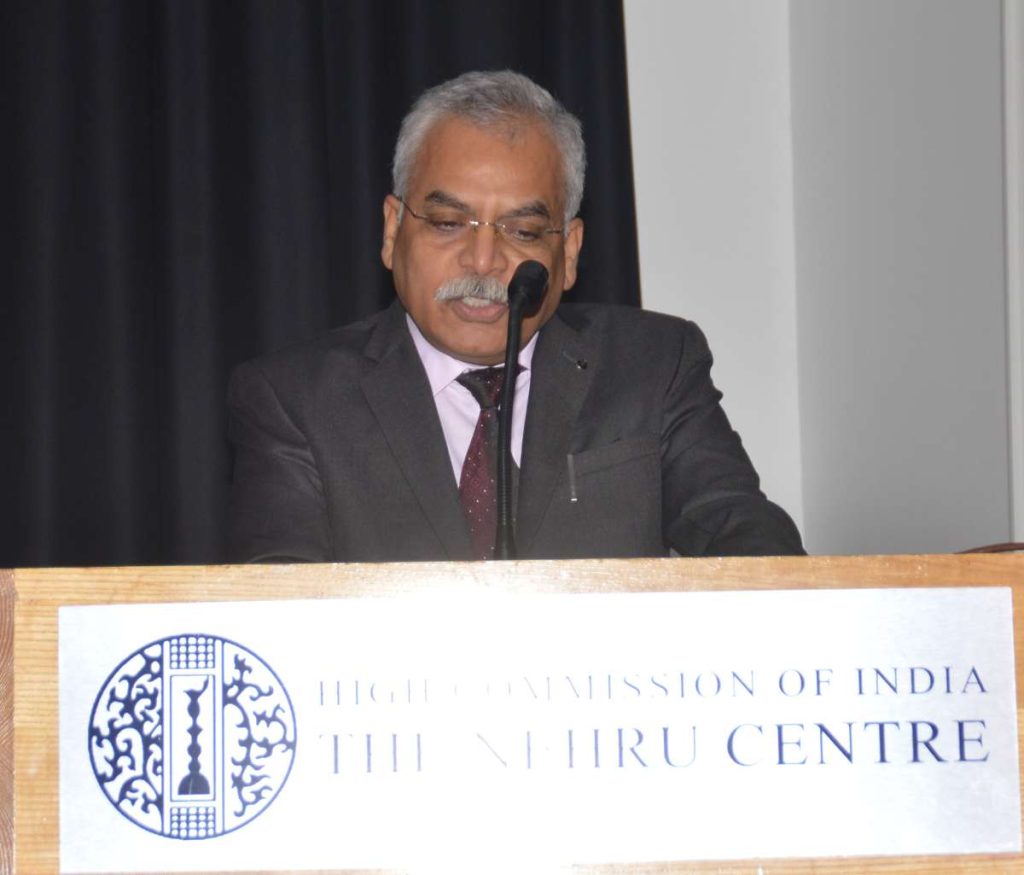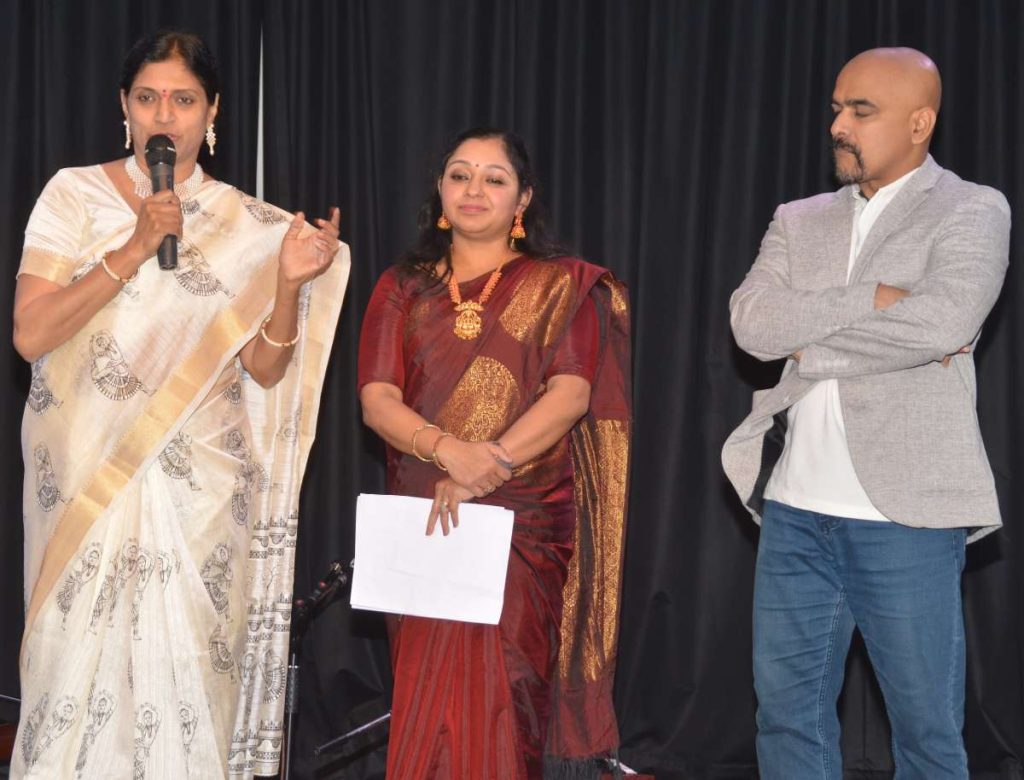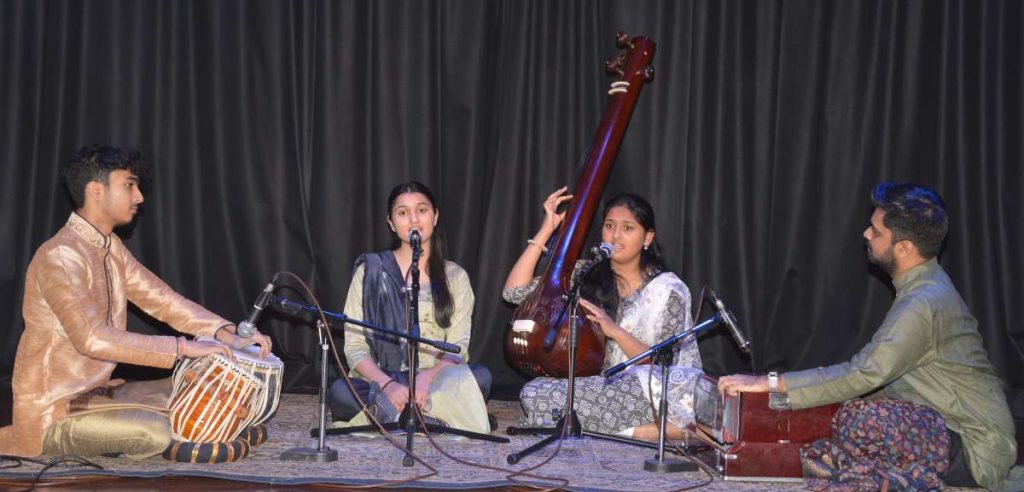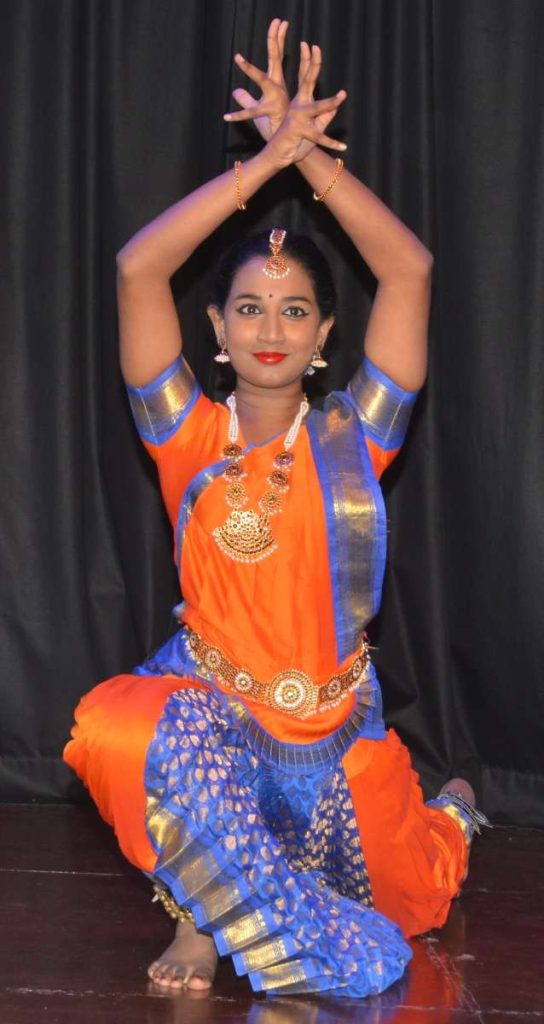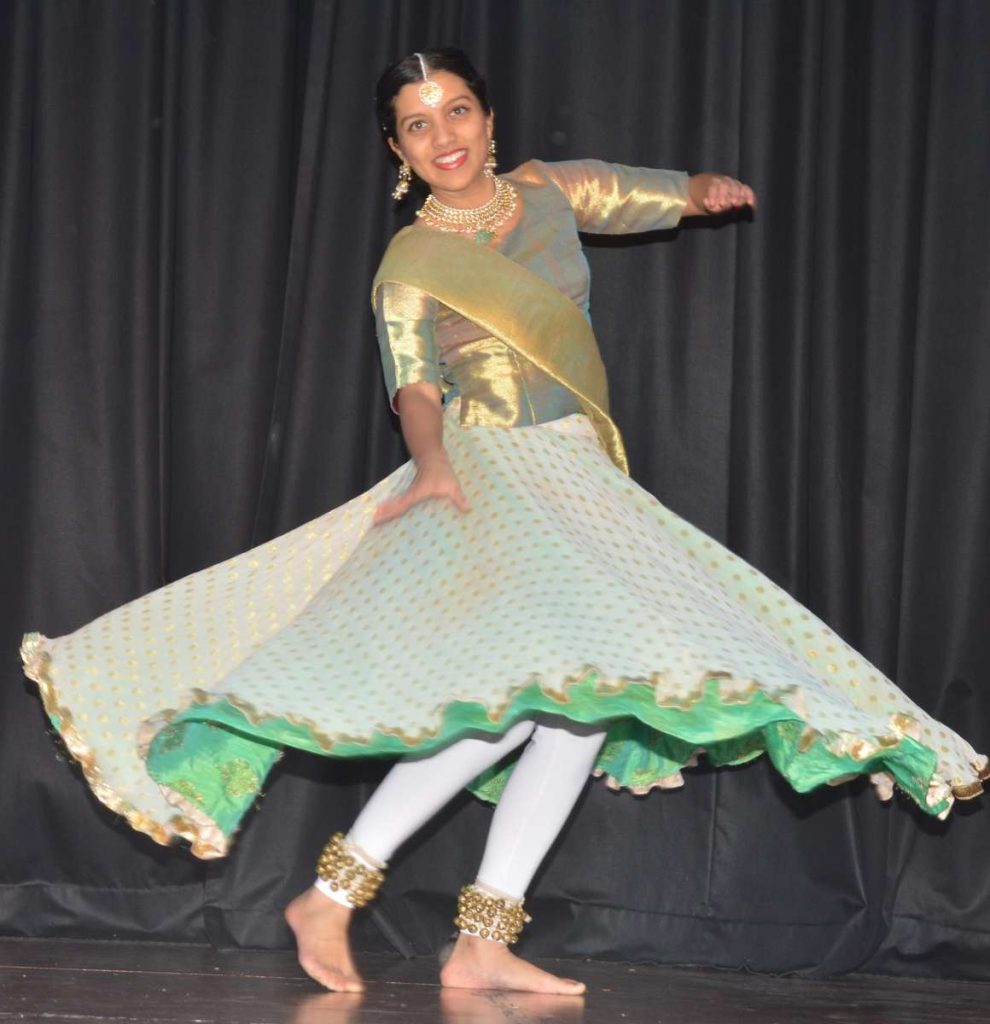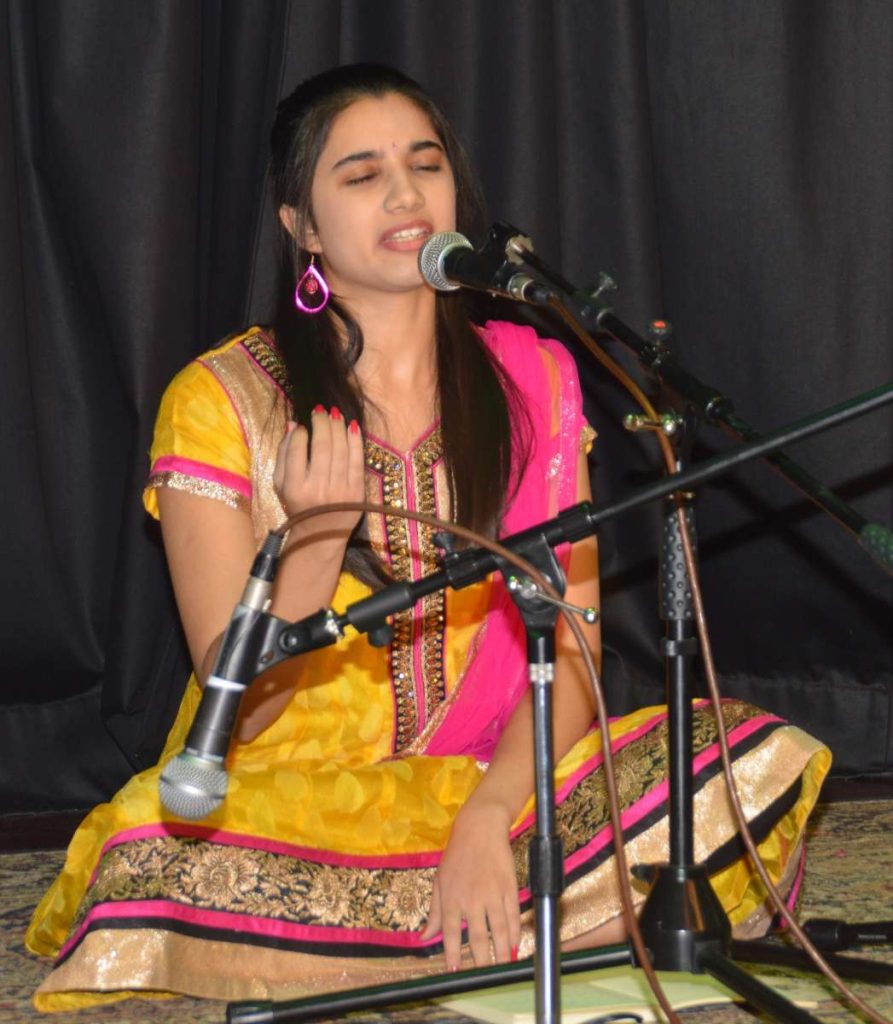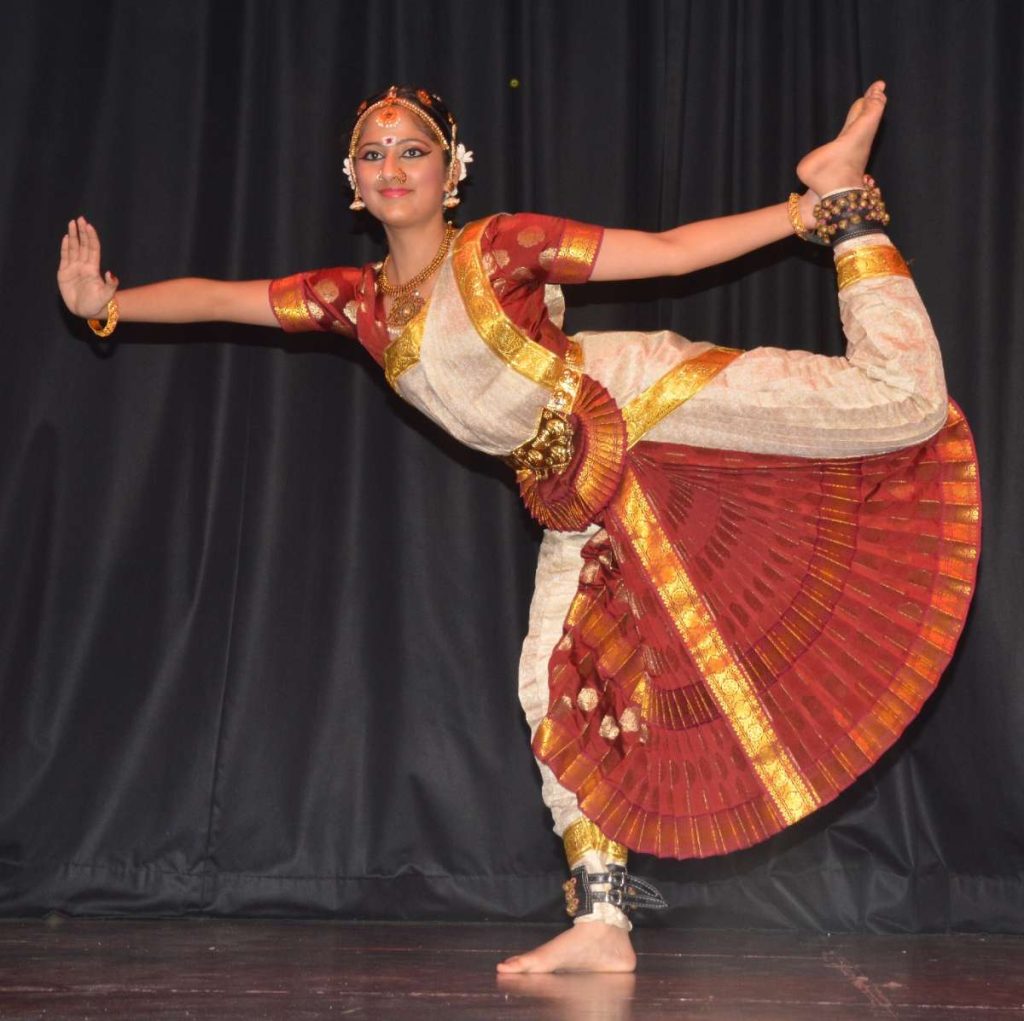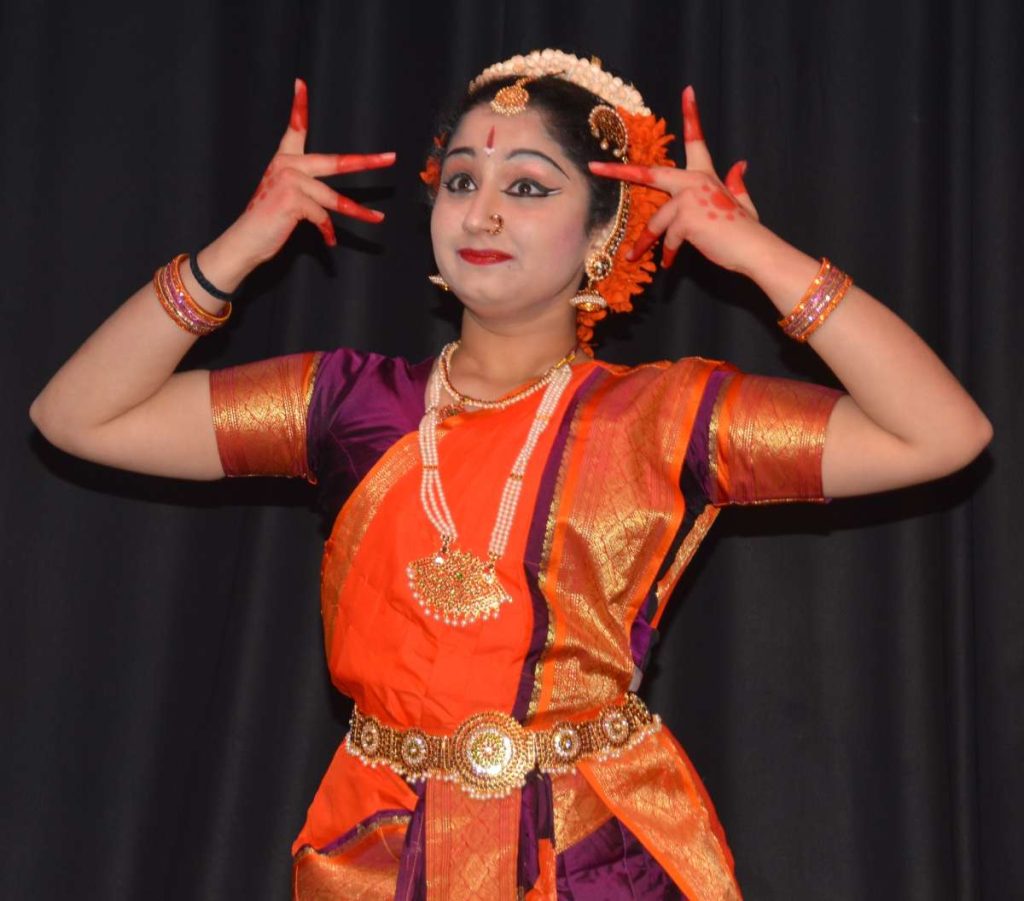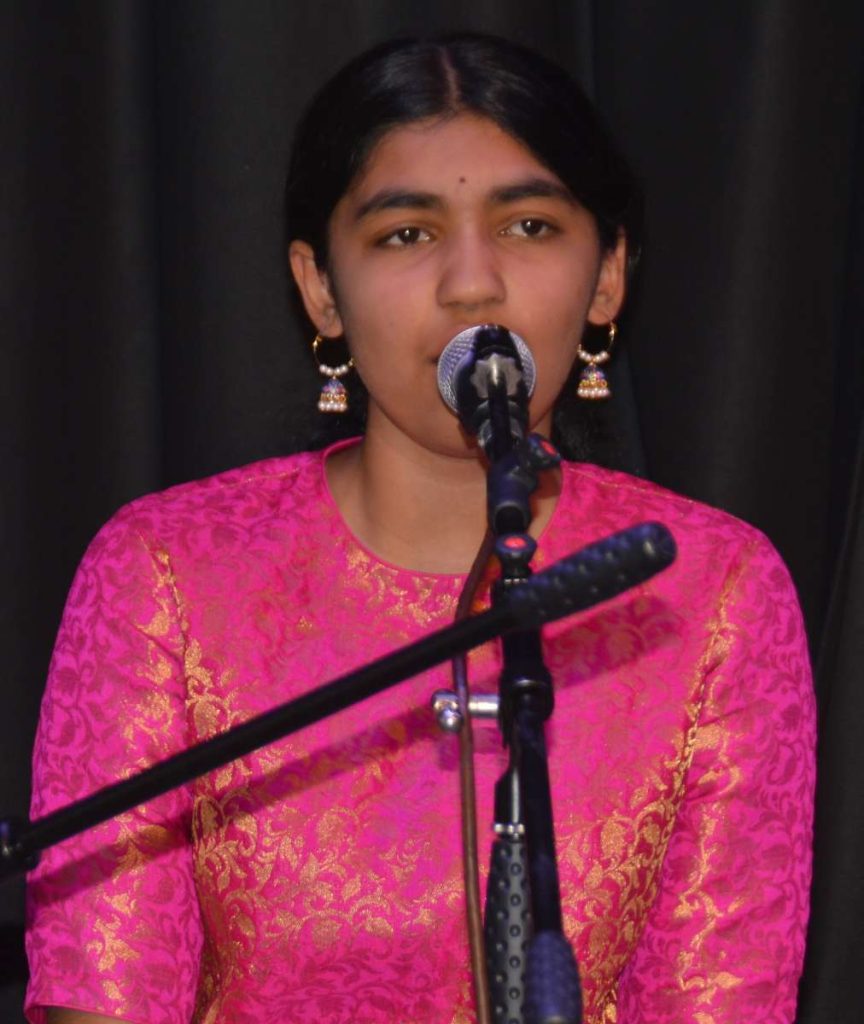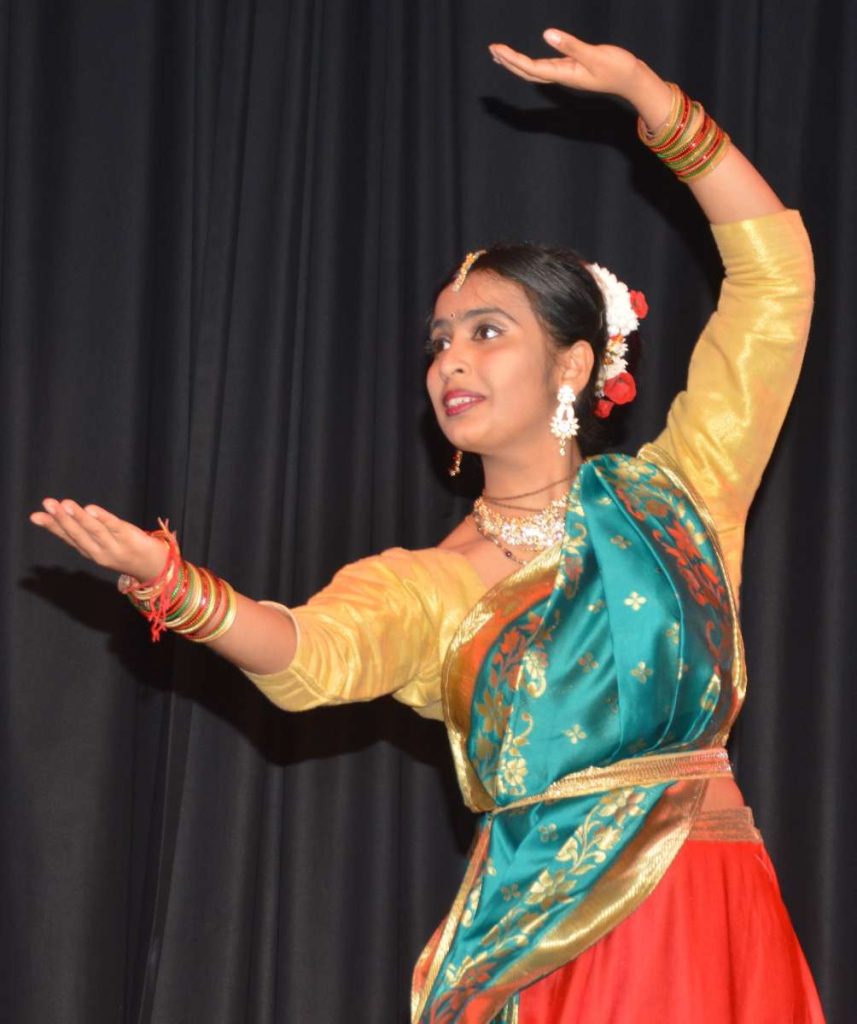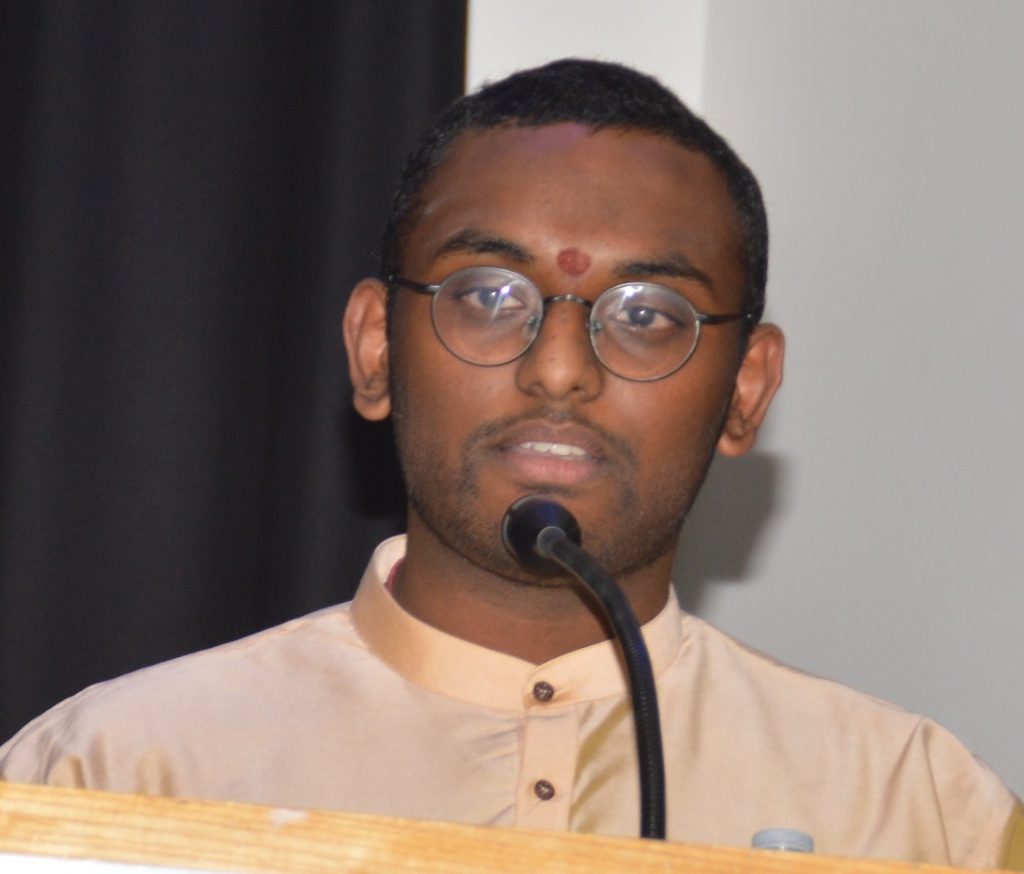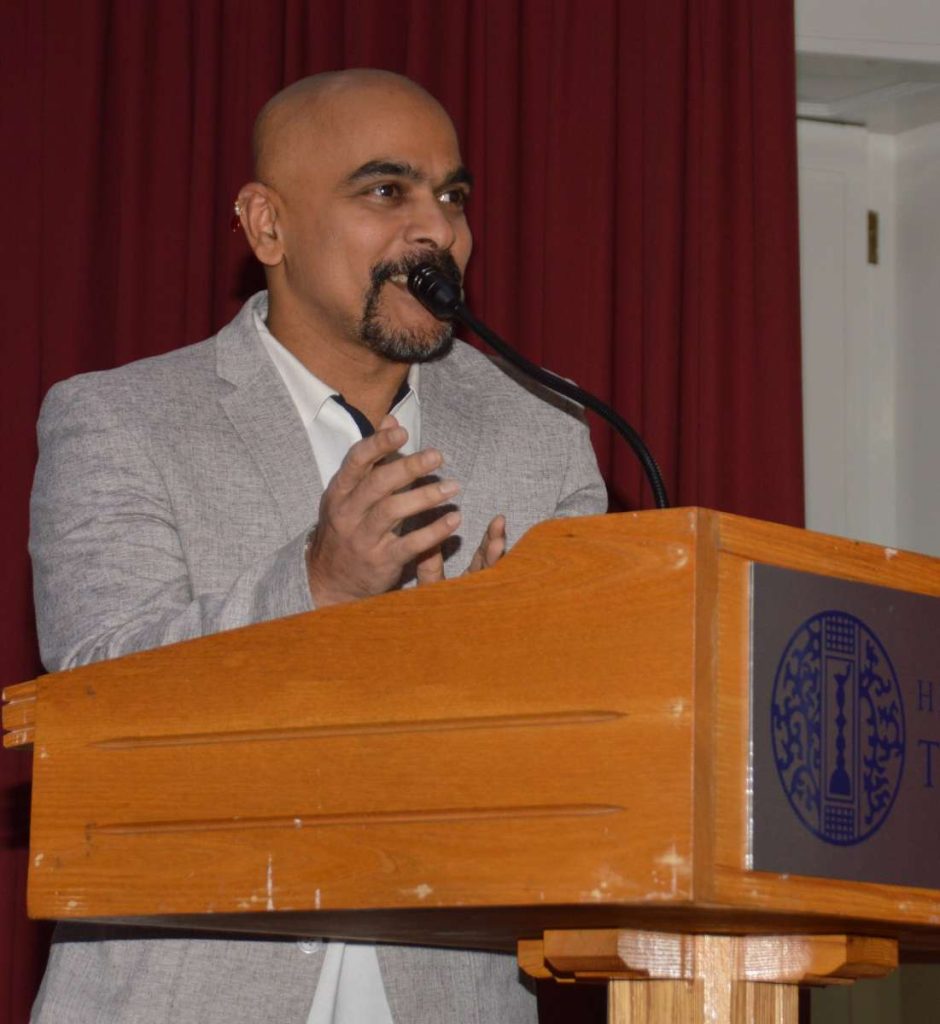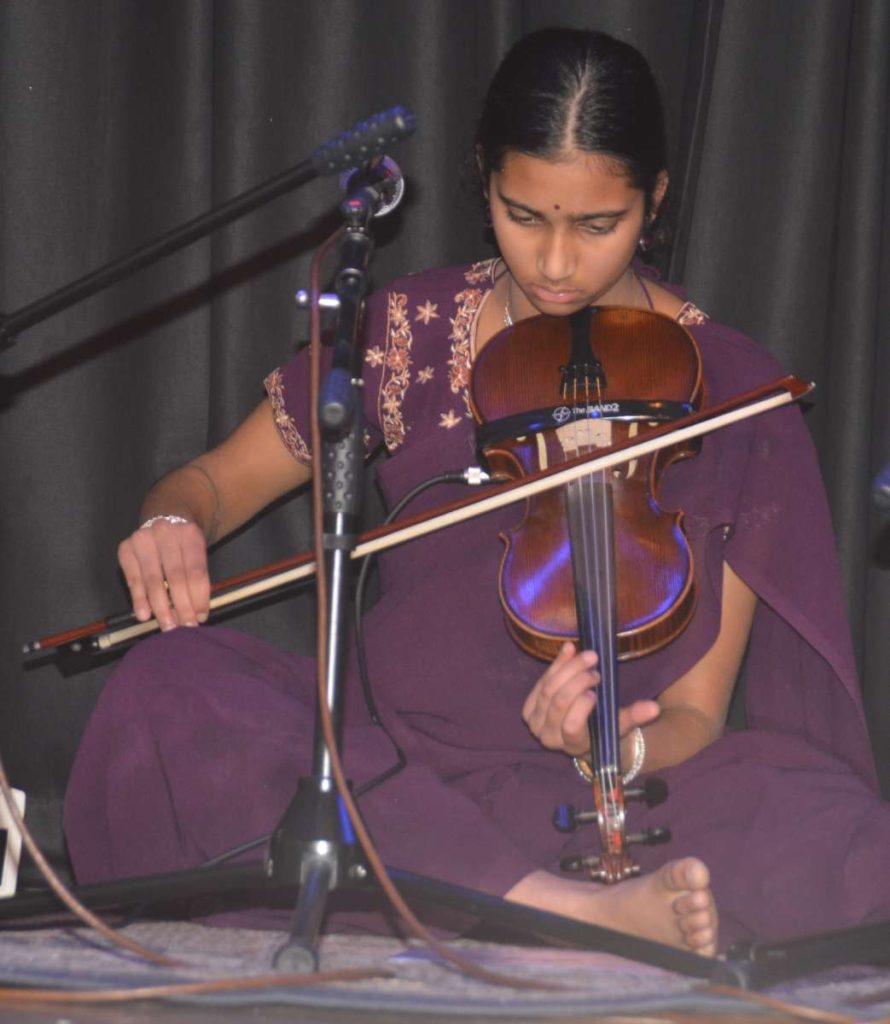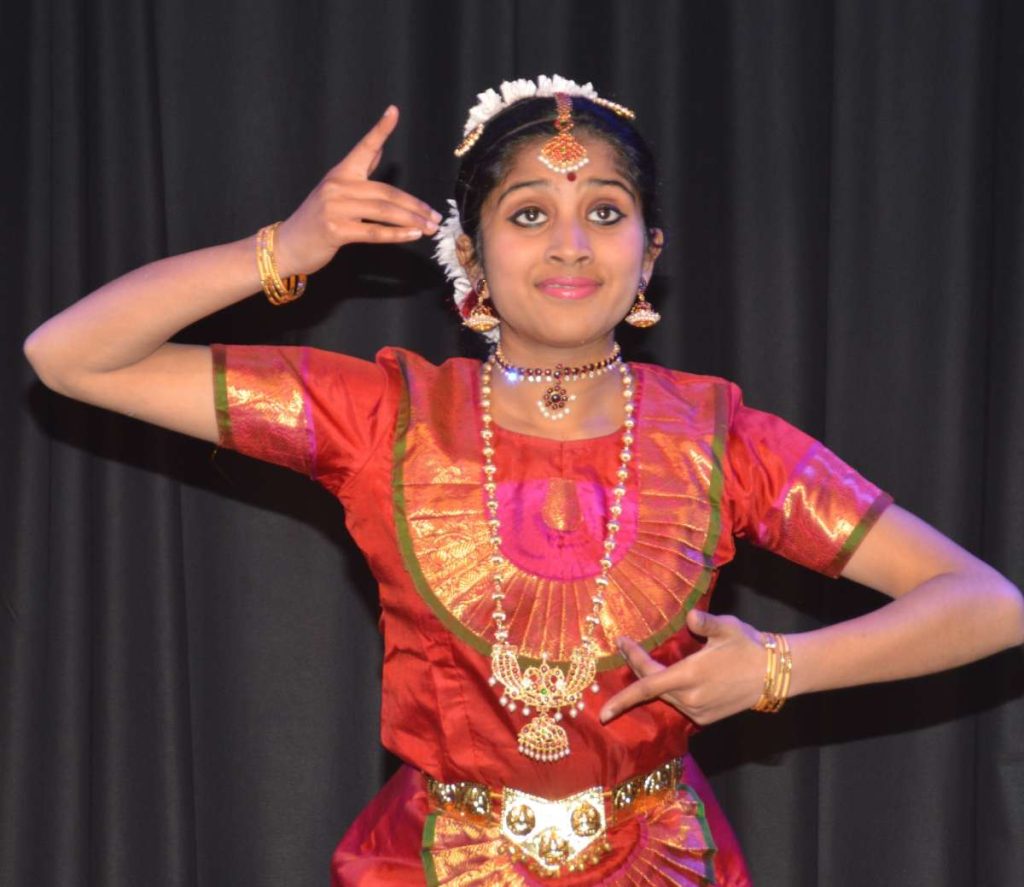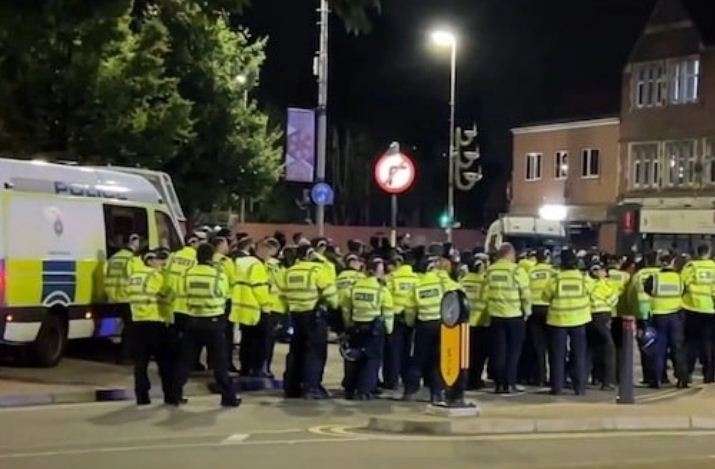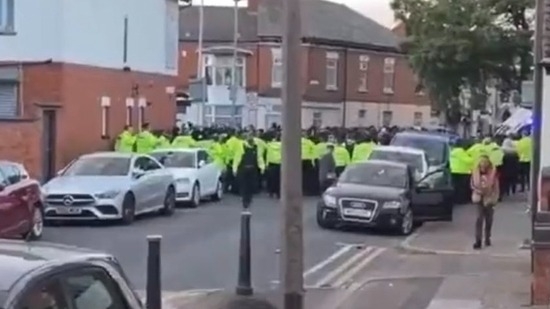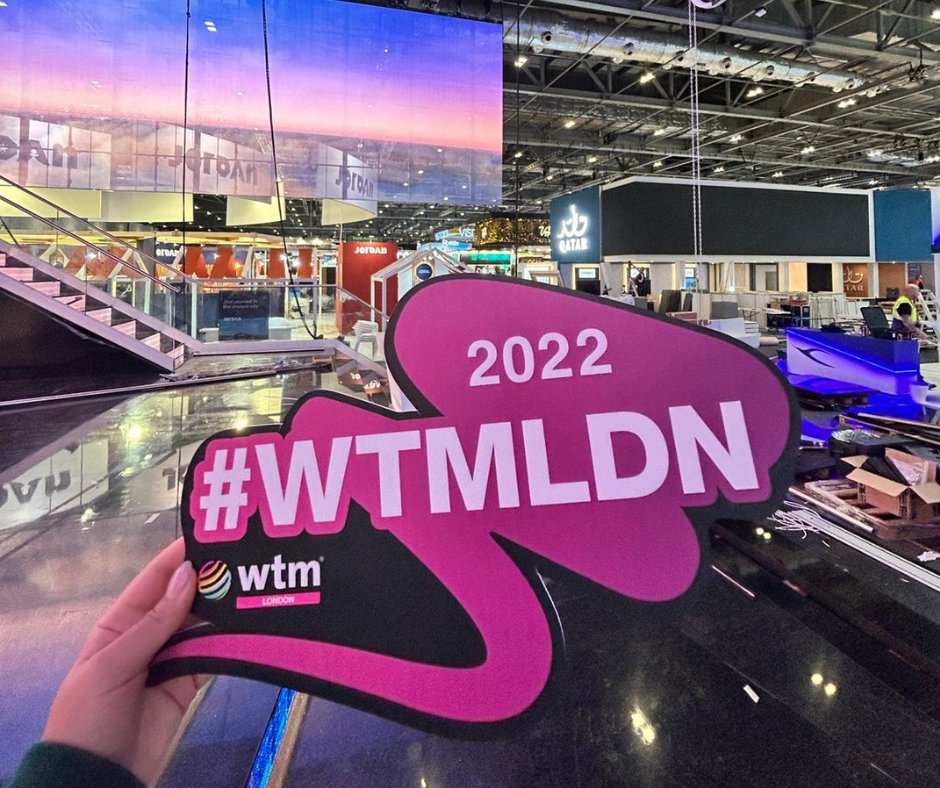In a major setback for the Chinese Communist Party’s overseas influence operations, local officials not to allow China to build a “super-embassy” on the site of a historic building in east London…reports Asian Lite News
A decision by local officials not to allow China to build a “super-embassy” on the site of a historic building in east London is a major setback for the Chinese Communist Party’s overseas influence operations, the media reported.
Development officials at London’s Tower Hamlets borough council voted unanimously on December 1 to reject an application for planning permission for the new Chinese embassy on the former Royal Mint site, citing security fears, as well as the potential impact on tourism, policing and heritage, RFA reported.
The Strategic Development Committee said the plan, which included dormitories accommodating hundreds of employees and a landmark “cultural exchange” building, had attracted dozens of objections from residents of the surrounding area, which is home to a large Muslim community, RFA reported.
The plan was also opposed to by groups representing Hong Kongers in the U.K., who have been attacked both by pro-China thugs and by consular officials on British soils, and Uyghurs, who face security risks from Beijing’s overseas policing and infiltration, which include unofficial renditions of government critics, often by using loved ones back home as leverage.
The decision came as Canada became the latest country to investigate unofficial Chinese police “service stations” on its soil.
Senior Canadian foreign ministry official Weldon Epp told a parliamentary committee last week that Global Affairs had summoned the Chinese ambassador “multiple times” over the service centres, which have been reported by the Spanish-based rights group Safeguard Defenders in dozens of countries, RFA reported.
British Uyghur rights activist Rahima Mahmut, who heads the group Stop Uyghur Genocide, said Muslims in Tower Hamlets were angry at the plan to relocate the Chinese embassy to their backyard, while other residents were fearful of the impact of frequent demonstrations against China’s rights abuses.
“Just because you have a lot of money, doesn’t mean you can do anything,” Mahmut told RFA.
“Particularly in the U.K., which is a country where human rights are respected, and where the voice of the people, their wishes and requirements are taken extremely seriously.”
“It was a big defeat for them tonight,” said Peter Golds, a local council member, referring to the Chinese government. “I’m absolutely delighted. It’s real people power.”
While local officials focused on planning concerns, speakers at the hearing also raised political ones, including Chinese officials’ behavior on British soil and their human rights record at home. They cited Chinese consular staff beating a pro-democracy protester inside consulate grounds in Manchester in October.
They also raised the Chinese government’s incarceration of an estimated 1 million Uyghurs in detention camps in western China and its crackdown on the pro-democracy movement in Hong Kong.
Among the speakers was Simon Cheng, a Hong Kong activist who was detained by Chinese mainland authorities in 2019 while working for the British Consulate in Hong Kong and eventually fled to London.
“We should not compromise and grant an authoritarian state the power to upgrade their facilities to suppress dissenting thoughts in the U.K.,” Cheng said after the decision.
Councilor Shafi Ahmed insisted the council had made its decision based on the merits.
But in his area of Tower Hamlets, which has a large Muslim population, the community also sympathizes with the persecuted Uyghurs, a predominantly Muslim ethnic minority in China.
When asked about China’s policies toward the Uyghurs, Ahmed said he felt “disheartened, broken.”
The Chinese government, which spent more than $300 million to buy the empty property, did not have an immediate comment on the decision. At a ceremony celebrating the purchase in 2018, Liu Xiaoming, China’s ambassador to London at the time, praised the acquisition as a milestone in Chinese-British relations.
“I hope our two countries will work together to write a new chapter for the China-U.K. ‘golden era,'” Liu said.
Earlier this week, British Prime Minister Rishi Sunak declared that era was over.
The Chinese government can still appeal the rejection of its embassy plan to the British government.
ALSO READ-Setback for China as ‘super-embassy’ blocked in London
